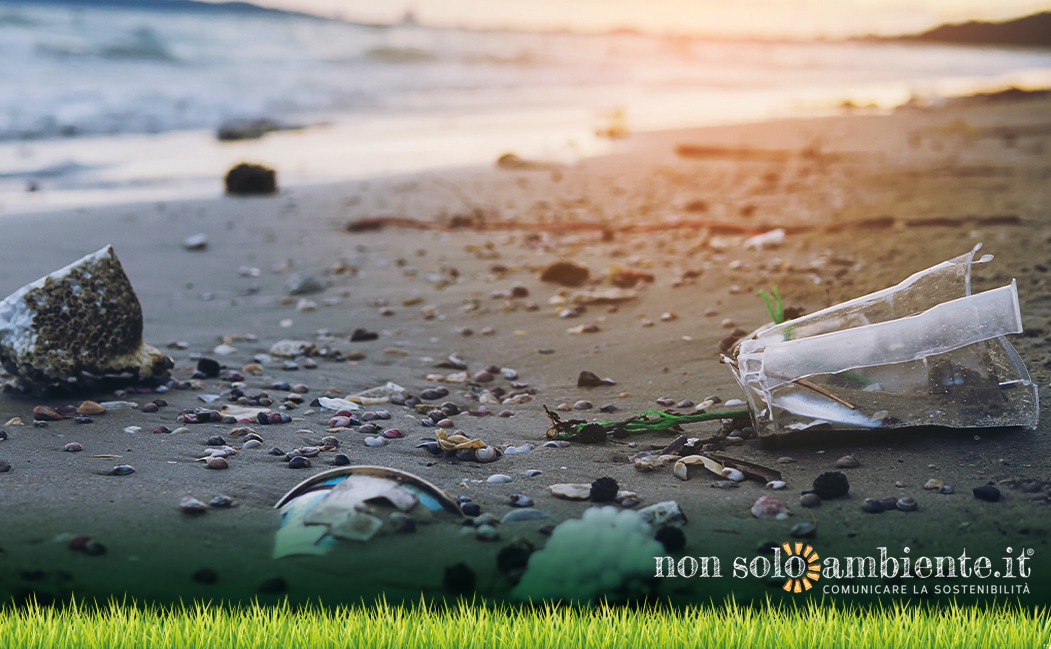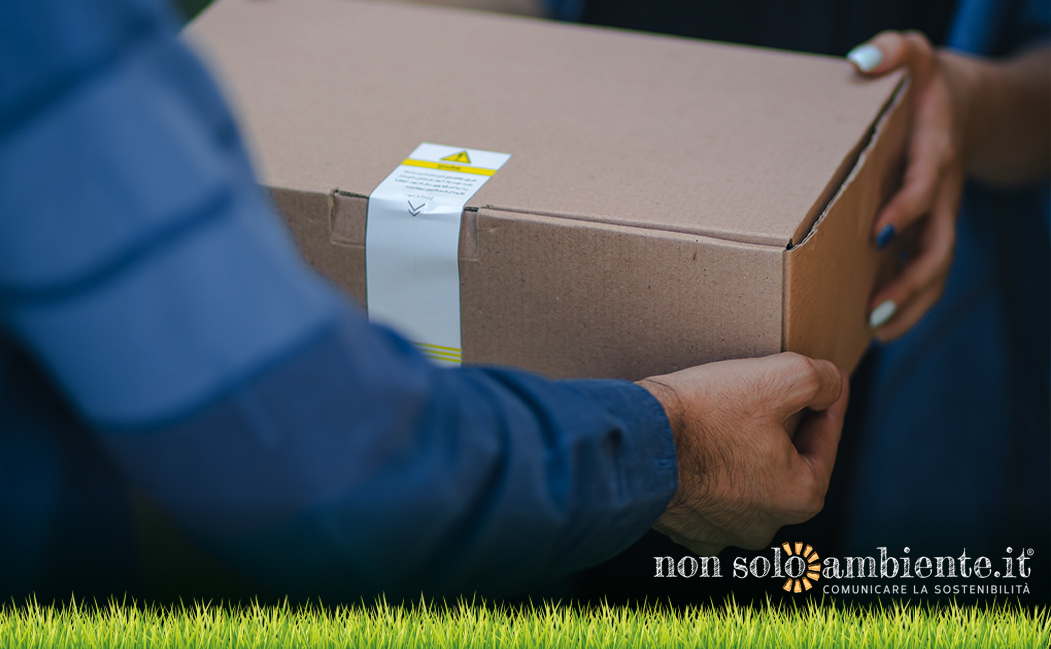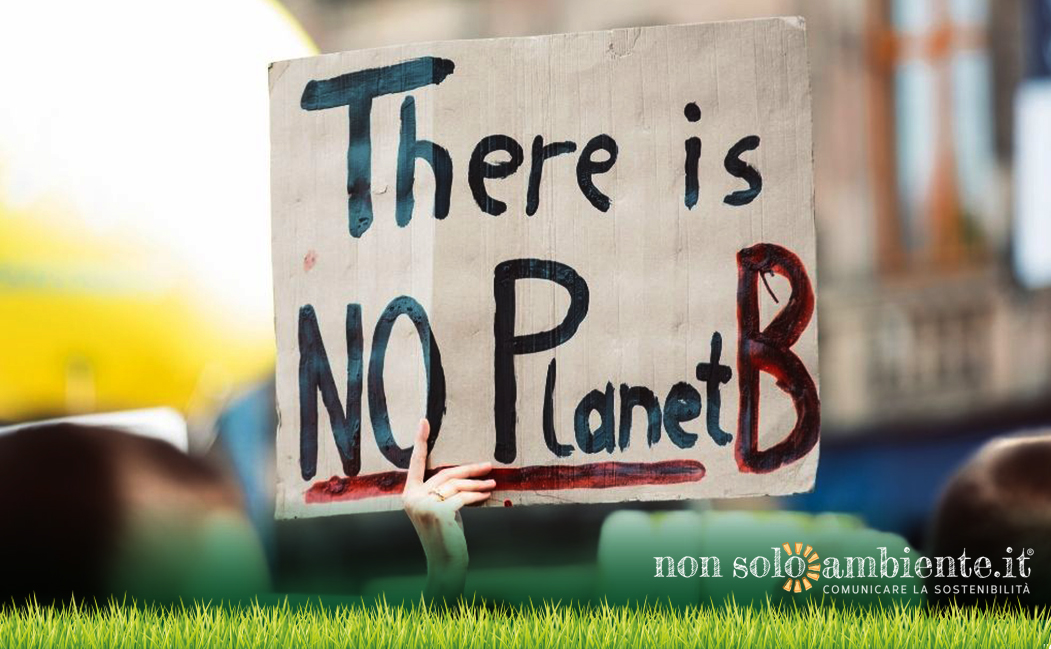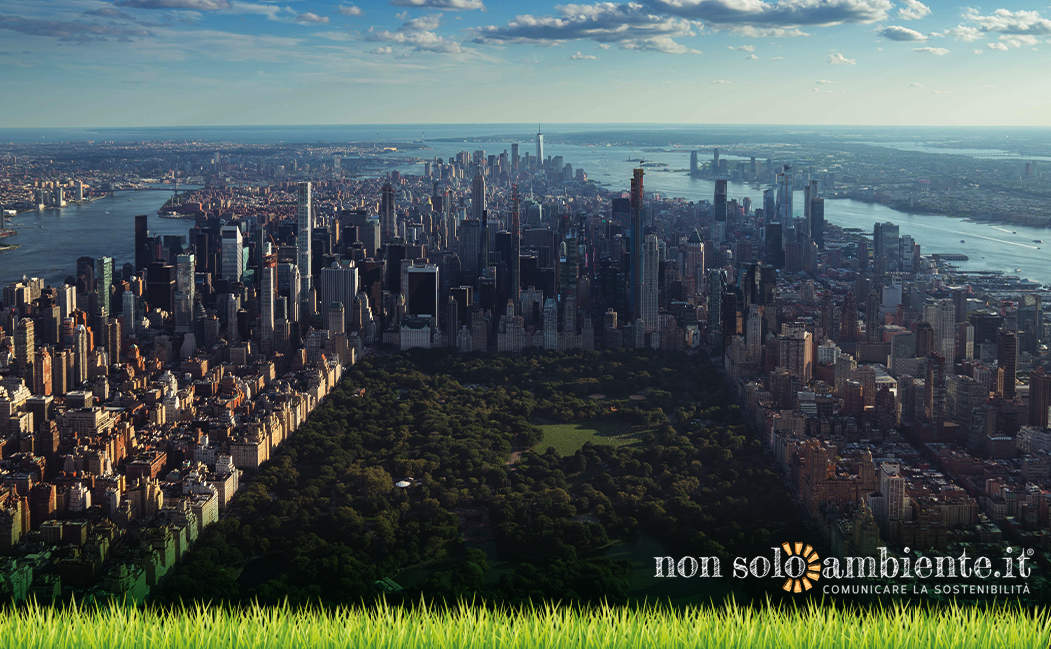
Ultime Notizie

In "Plastics - an Infinite Story" WWF's report, it is stated that the impact of plastics is not limited to the oceans (anymore). Plastic materials can be found in terrestrial deposits and atmospheric disturbances too.
An urgent warning by the WWF in the second part of the report "Plastic - an infinite story". In addition to the oceans, where plastic is present in 70%-90% of waste at sea, residues of it have been found even in rocks, in which they have become an inevitable stratigraphic element, distinctive of our geological epoch: the Anthropocene. As a testament to our present presence, future earthly inhabitants will, therefore, be able to find traces of plastics in sediments.
Plastic is everywhere
The report, which was launched by the GenerActionMare campaign, refers to a recent study, which shows how geological processes have begun to incorporate plastics into coastal rocks. This means that plastic materials are found on terrestrial deposits and marine sedimentary deposits as well. But there's more. According to a recent analysis, which aims at tracking likely nitrogen pollution in the Rocky Mountains area, more than 90% of rainwater samples contain plastic microfibers. The tracks are found in mountains over 3000 meters high, proving that atmospheric disturbances can transport pollutants anywhere, even in potentially pristine areas.
Clicca qui per approfondire!
Unfortunately, this is not an isolated phenomenon. Researches have found large amounts of plastic particles in precipitation: in the French Pyres, the Swiss Alps and even the Arctic, revealing that (micro)plastics can be carried by snow, too. The high concentrations prove that microplastics are transported at long distances, through atmospheric and oceanic currents.
The WWF's call
Facing the new data, the problem of plastic pollution - now one of the most severe environmental issues - is getting more and more urgent. To limit its impact, WWF keeps on putting pressure on governments. The goal is a strict global agreement to be reached, which will identify concrete rules and commitments to stop new plastics' spread into the global ecosystem. Several initiatives have been carried - by citizens, too: from information and awareness actions to the Plastic-Free Beaches Tour of WWF Italy, aimed at cleaning the coasts of the peninsula from plastic waste. The next international events, starting in September 2020 will resume actions towards a plastic-free model.
Meanwhile, the global petition - promoted by the environmental Organization - has already reached over one million and 760 thousand citizens. "It's said enough about how plastic suffocates our oceans, damage humans and nature. United Nations' Member Countries must enter into a Comprehensive Agreement to end plastic dispersion in kind by 2030," the WWF's call states. "For years this problem has been ignored. Today, we urgently need the United Nations to reach an agreement to end the dispersion of plastics into the sea by 2030. All countries are responsible for this environmental emergency and everyone must be part of the solution.#StopPlasticPollution".
Tags:
Potrebbero interessarti ...
Snam’s commitment to sustainability at Dubai Expo 2020
13 Ottobre 2021No more chocolate by 2050 because of extreme droughts effects
22 Settembre 2021How much CO₂ do urban forests absorb?
15 Settembre 2021Iscriviti alla nostra Newsletter!
Sei un sostenitore dell'ambiente in tutte le sue forme? Allora sei nel posto giusto!
Iscriviti subito!




